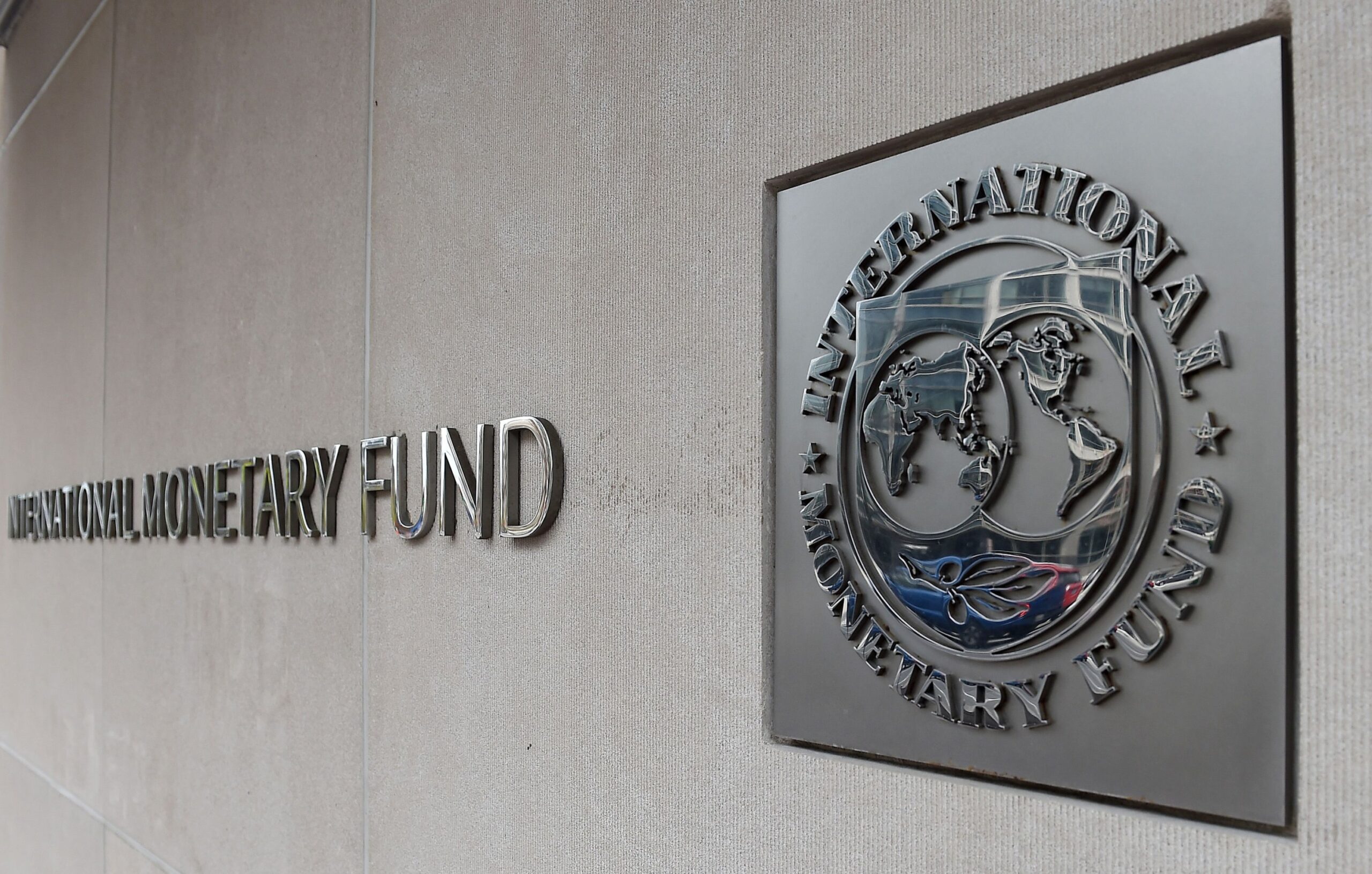ASTANA – The executive board of the International Monetary Fund (IMF) noted Kazakhstan’s economic resilience in the face of external shocks and welcomed the strong growth in 2023 while calling for continued structural reforms to maintain strong and resilient growth, the IMF press service reported on Feb. 7 as the mission concluded the 2023 Article IV consultation with Kazakhstan.

Photo credit: Daily Sabah
“Directors welcomed the authorities’ commitment to fiscal consolidation which would support disinflation and help preserve buffers. They underscored that the planned introduction of new tax and budget codes is an opportunity to enhance non-oil revenues and public financial management. Directors also welcomed the reinstatement of the fiscal rules in 2024 and stressed that the rules should be simplified and better enforced, including through the creation of an independent fiscal council and stronger escape clauses,” the statement reads.
According to the IMF, Kazakhstan’s economic growth is expected to slow to 3.1%, mostly due to delays in expanding the Tengiz oil field, while inflation, which is still well above the authorities’ target, would continue to decline.
A current account deficit of 3.9% of gross domestic product (GDP) is projected for 2024, and the banking sector should remain sound amid easing financial conditions.
In the medium term, non-oil GDP growth would stabilize at around 3.5%, and inflation would ease gradually to reach 5% by 2026–2027, assuming accelerated reform implementation.
The IMF welcomed the declining trend of inflation. They urged the National Bank of Kazakhstan to maintain a cautious and data-dependent approach by keeping monetary policy tight until inflation is close to target and inflation expectations are well anchored.
The IMF directors encouraged the authorities to accelerate structural reforms to boost competitiveness, promote diversification and sustain more robust long-term economic growth. Key priorities include downsizing the state footprint in the economy and improving public sector governance, reducing corruption-related vulnerabilities, addressing infrastructure gaps and removing trade distortions.
“Directors emphasized the importance of accelerating reforms to strengthen climate resilience and meet the authorities’ carbon emission targets by 2030. They also called for close monitoring of climate-related risks in the financial sector,” said the IMF.
